International Baccalaureate Organization encourages the students to develop experiential learning outside the classroom. This helps the students build their critical thinking and evaluation. Students of IBDP1 Psychology took their theoretical understanding of the “influence of cognition in thinking and decision making” outside their classroom to widen their knowledge and understanding through an experiment. Research states that most of the time people tend to identify their negative emotions more quickly than their positive emotions since negative emotions are painful. As human beings, we have a tendency to rehearse these memories more than positive emotions. The students interviewed the support staff of the school “Aiyammas”. They developed a semi-structured questionnaire on emotions and cognition and conducted a survey.
The students’ findings show that cognition in thinking and decision-making may influence factors like power, position, culture, gender, biases, personality development and authority. The learning helped the students to develop their critical thinking and create awareness that culture and language also play an important role in thinking and decision. It helped them develop research skills, communication skills and thinking skills through this experiment.
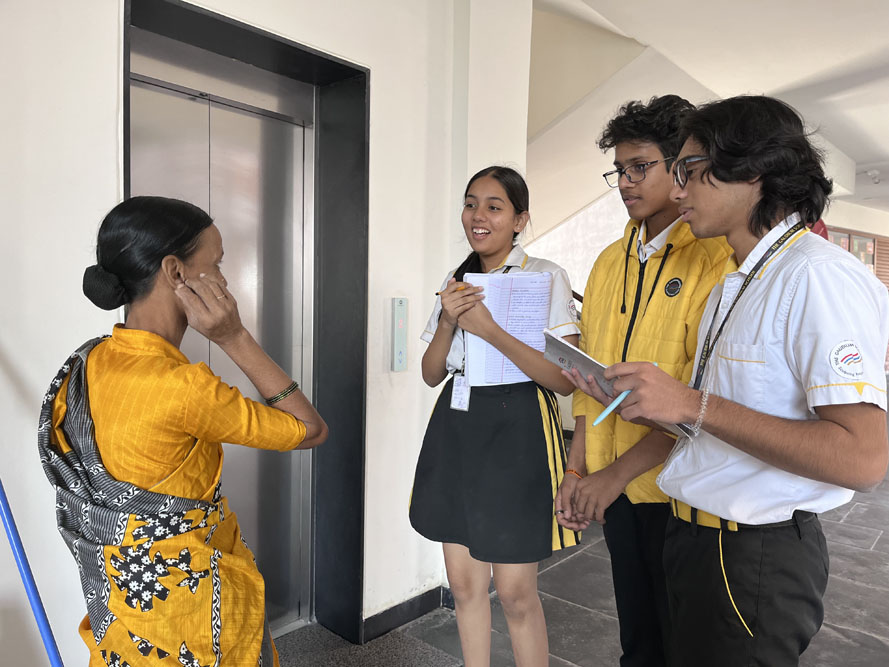
The Gaudium International School Hyderabad 1
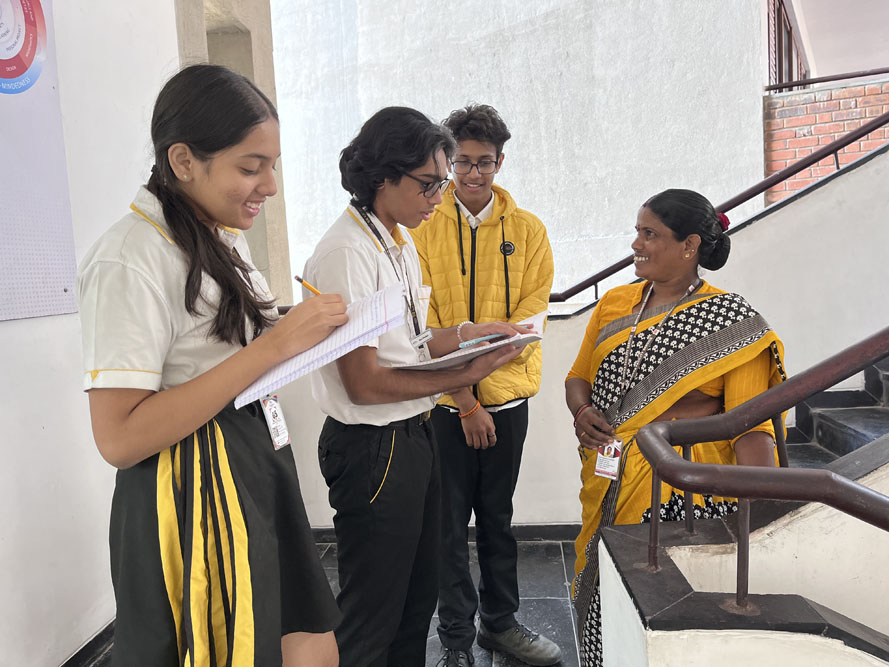
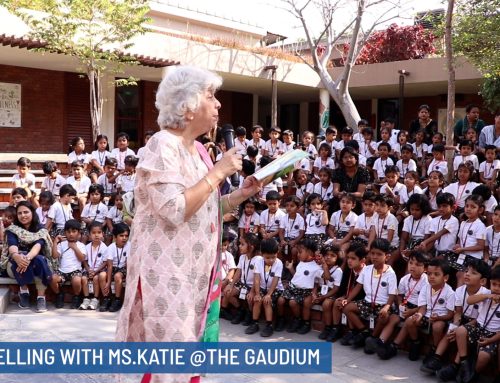
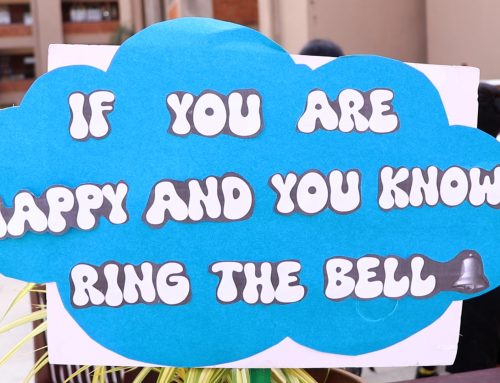

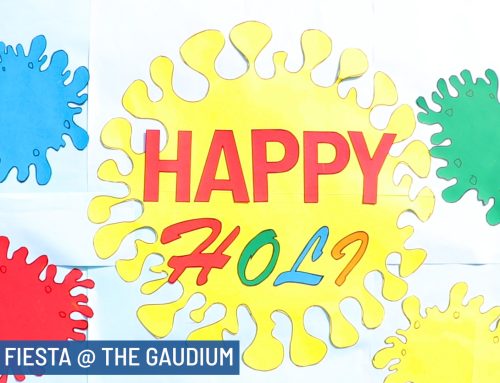
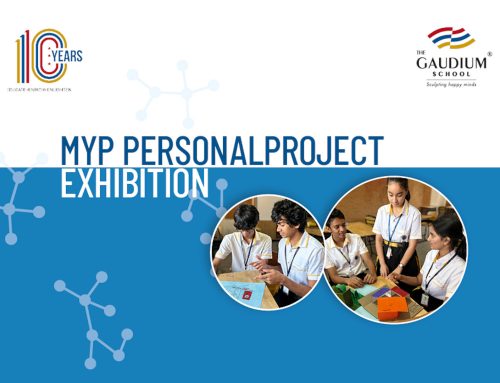
Leave A Comment